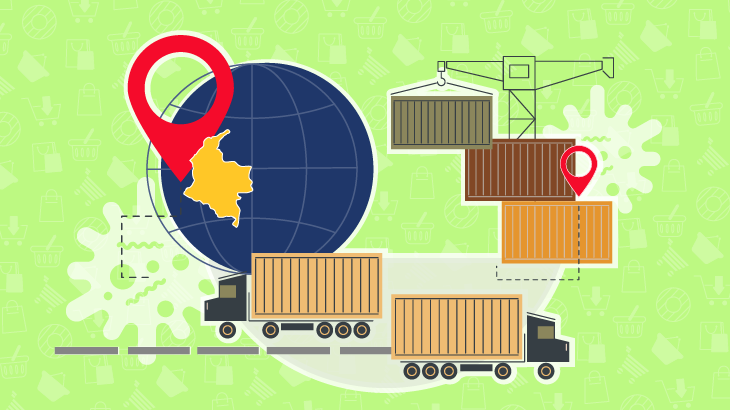
The most recent
Abstract
The Covid-19 pandemic severely disrupted the maritime transportation industry, leading to historic surge in container freight rates, which only returned to normal in 2023. In this paper I examine the welfare effects on a particular country, Colombia, of the observed disruption in international freight rates during the 2020-2023 period. For this, I use a quantitative model of international trade with out-of-steady-state transitional dynamics and a global production network, along with an instrumental variable approach to estimate a trade elasticity to freight. I quantify both the direct effects of freight increases on goods transported to and from Colombia, as well as the indirect impact of heightened rates on routes across the rest of the world. The freight disruption caused a welfare loss of 0.4%, attributable solely to the direct effects, as the indirect impact simultaneously enhances Colombia’s relative trade openness, thereby compensating for the increased shipping costs globally.

